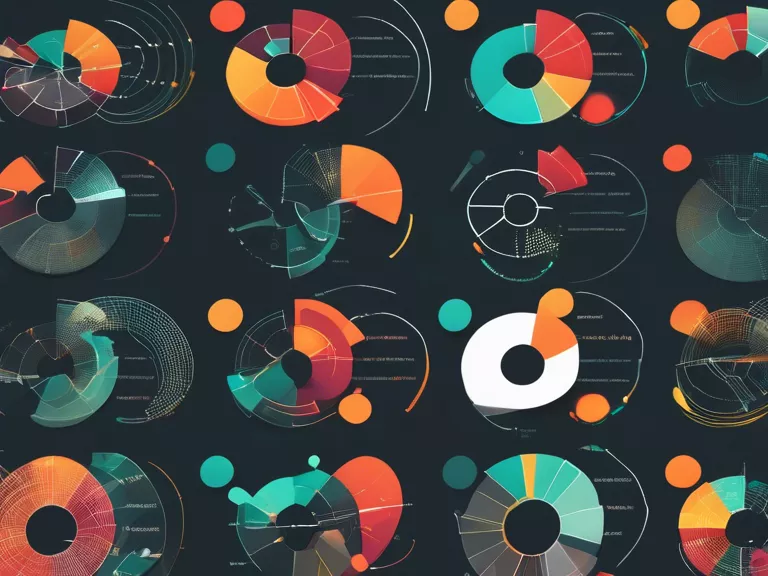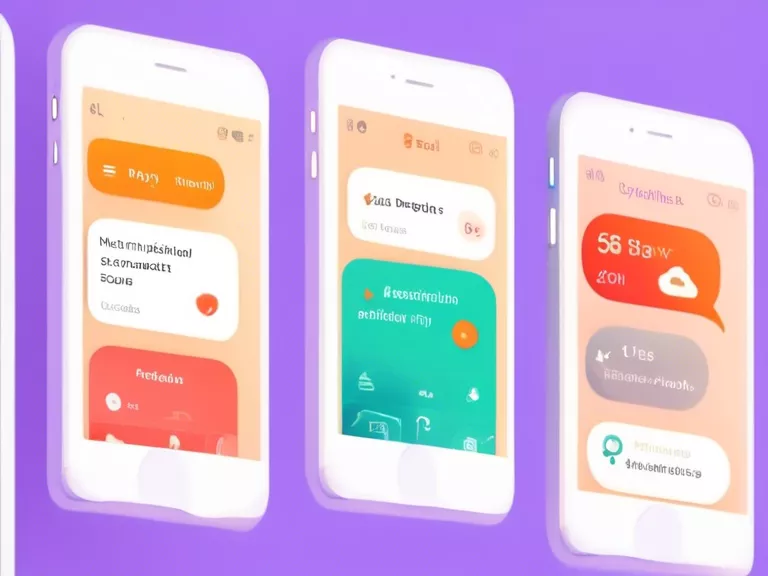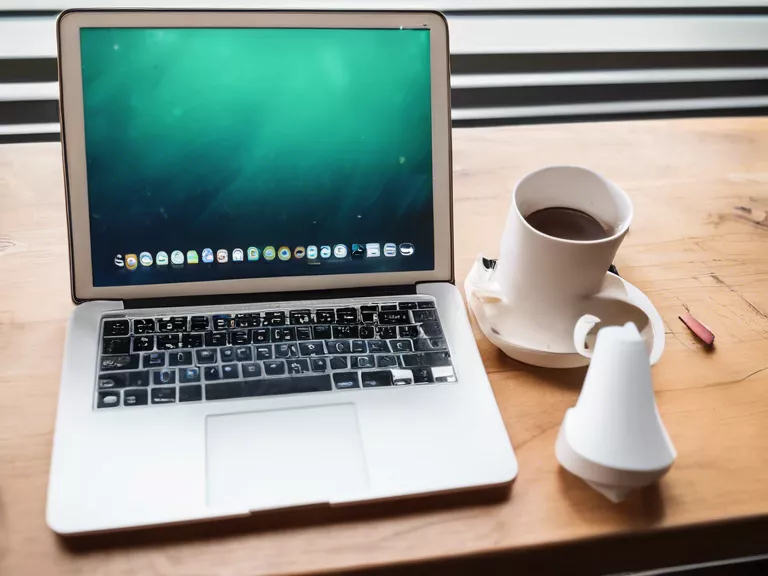
In the digital age, there is no shortage of tools to help us track and analyze our personal productivity data. From time management apps to habit trackers, these tools can provide valuable insights into our daily habits and routines. In this article, we will explore some of the best tools for visualizing and analyzing personal productivity data, helping you stay organized and efficient.
1. Toggl
Toggl is a popular time tracking tool that allows users to track their work hours and analyze how they are spending their time. With Toggl, you can create detailed reports to see exactly where your time is going each day, making it easier to identify areas for improvement.
2. Todoist
Todoist is a powerful task management app that allows users to create to-do lists, set deadlines, and track their progress on various tasks. With features like recurring tasks and project organization, Todoist makes it easy to visualize your productivity and stay on top of your priorities.
3. RescueTime
RescueTime is a tool that runs in the background of your computer or mobile device, tracking which apps and websites you are using throughout the day. By analyzing this data, RescueTime can provide you with insights into your digital habits, helping you identify time-wasting activities and improve your focus.
4. Habitica
Habitica takes a unique approach to personal productivity by turning your daily tasks and habits into a role-playing game. As you complete tasks and build habits, you earn experience points and level up your character. This gamified system can be a fun and motivating way to visualize your productivity and stay on track with your goals.
5. Notion
Notion is a versatile productivity tool that allows users to create custom databases, project boards, and notes. With its flexible layout and powerful collaboration features, Notion is a great tool for visualizing and analyzing all aspects of your personal productivity, from daily tasks to long-term goals.



